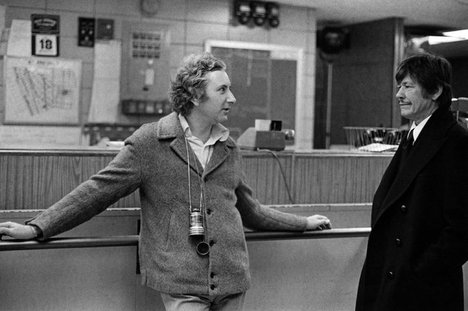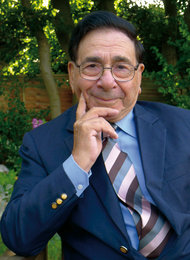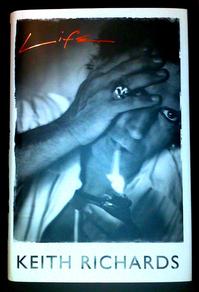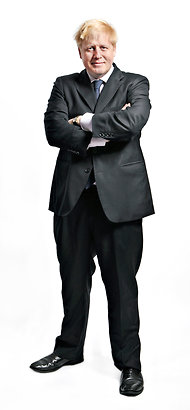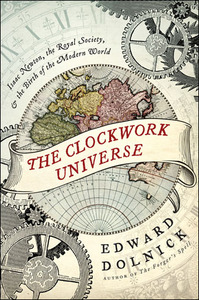
Source of book image: http://www.edwarddolnick.net/images/clockworkuniverse-cover.jpg
(p. 19) London before the mid-1600s was a general calamity. The streets were full of thieves, murderers and human waste. Death was everywhere: doctors were hapless, adults lived to about age 30, children died like flies. In 1665, plague moved into the city, killing sometimes 6,000 people a week. In 1666, an unstoppable fire burned the city to the ground; the bells of St. Paul’s melted. Londoners thought that the terrible voice of God was “roaring in the City,” one witness wrote, and they would do best to accept the horror, calculate their sins, pray for guidance and await retribution.
In the midst of it all, a group of men whose names we still learn in school formed the Royal Society of London for the Improvement of Natural Knowledge. They thought that God, while an unforgiving judge, was also a mathematician. As such, he had organized the universe according to discernible, mathematical law, which, if they tried, they could figure out. They called themselves “natural philosophers,” and their motto was “Nullius in verba”: roughly, take no one’s word for anything. You have an idea? Demonstrate it, do an experiment, prove it. The ideas behind the Royal Society would flower into the Enlightenment, the political, cultural, scientific and educational revolution that gave rise to the modern West.
This little history begins Edward Dolnick’s “Clockwork Universe,” so the reader might think the book is about the Royal Society and its effects. But the Royal Society is dispatched in the first third of the book, and thereafter, the subject is how the attempt to find the mathematics governing the universe played out in the life of Isaac Newton.
. . .
To go from sinful “curiositas” to productive “curiosity,” from blind acceptance to open-eyed inquiry, from asking, “Why?” to answering, “How?” — this change, of all the world’s revolutions, must surely be the most remarkable.
For the full review, see:
ANN FINKBEINER. “Masters of the Universe.” The New York Times Book Review (Sun., March 27, 2011): 19.
(Note: the online version of the review has the date March 25, 2011, and had the title “What Newton Gave Us.”)
The full reference for the book under review, is:
Dolnick, Edward. The Clockwork Universe: Isaac Newton, the Royal Society, and the Birth of the Modern World. New York: HarperCollins Publishers, 2011.
 “Anderson found Dickens World to be “surprisingly grisly” for a park that markets itself to children; he noted several severed heads and a gruesome performance of “Oliver Twist” in the courtyard. Here, a mannequin of Nancy from “Oliver Twist.”” Source of caption and photo: online version of the NYT article quoted and cited below.
“Anderson found Dickens World to be “surprisingly grisly” for a park that markets itself to children; he noted several severed heads and a gruesome performance of “Oliver Twist” in the courtyard. Here, a mannequin of Nancy from “Oliver Twist.”” Source of caption and photo: online version of the NYT article quoted and cited below.

